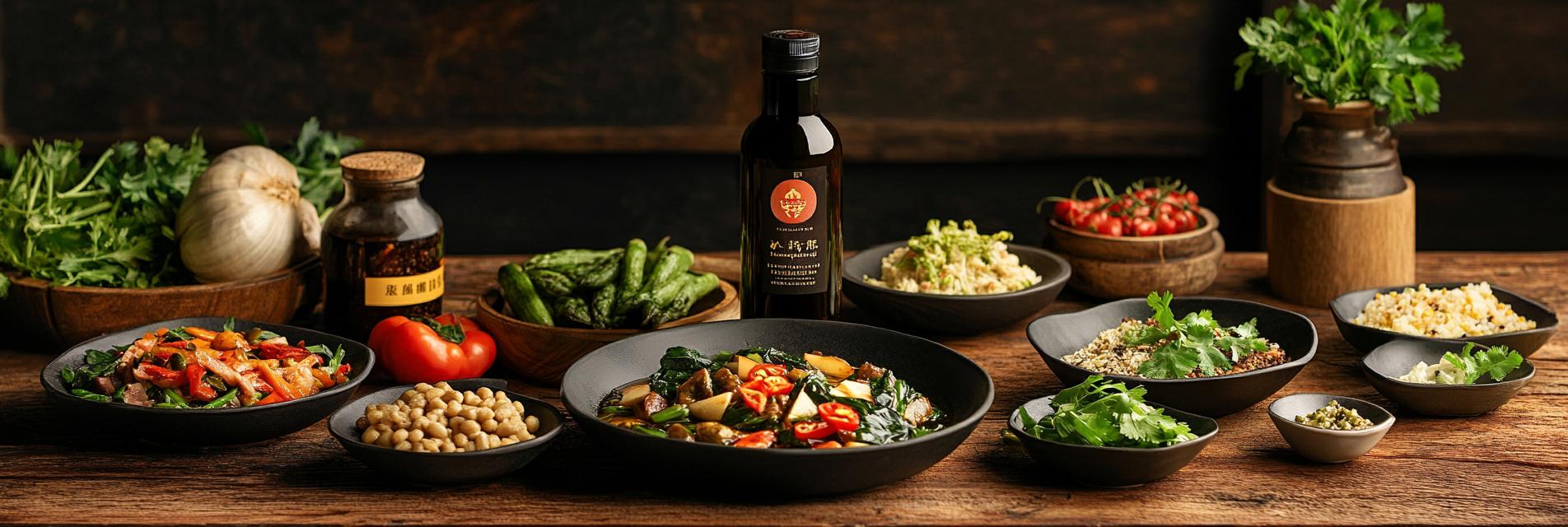
In the world of plant-based edible oils, Cyperus oil has emerged as a remarkable contender, often hailed as the “King of Oilseeds” due to its exceptionally high oil yield and rich nutritional profile. What sets Cyperus apart? It's not just the impressive 30% to 40% oil extraction rate, but also its abundant content of unsaturated fatty acids and essential nutrients, making it a promising ingredient in both health-focused diets and food manufacturing.
Belonging to the Cyperaceae family, Cyperus is a fast-growing, resilient grass-like plant cultivated mainly for its seeds from which oil is extracted. Unlike common oilseeds such as soybean or sunflower, Cyperus boasts a robust adaptability to diverse climates and soils, while delivering a higher oil content per hectare. Nutritionally, this oil is enriched with polyunsaturated fats, including omega-3 and omega-6 fatty acids, essential for cardiovascular health and metabolic functions.
This unique nutrient density makes Cyperus oil an attractive choice not only for consumers aiming for heart-healthy diets but also for food producers seeking premium oil with stability and flavor versatility.
One of the reasons Cyperus oil stands out is the company’s unwavering commitment to quality throughout the entire supply chain. Starting with scientifically optimized seed selection and responsible agronomy practices, every stage — from sowing, growing, harvesting to post-harvest processing — is closely monitored to maintain oil purity and nutrient preservation.
Equipped with modern cold-press technology and solvent extraction processes, the facilities ensure minimal degradation of unsaturated fatty acids while achieving maximum yield. The result is a superior-grade edible oil that meets stringent food safety standards across multiple international markets.

Beyond the oil itself, the Cyperus plant offers immense potential in its residue—popularly known as Cyperus cake or oilcake, which remains after oil extraction. Rich in protein and fiber, this byproduct is widely embraced as an eco-friendly animal feed supplement and organic fertilizer, promoting sustainable agricultural cycles.
Food manufacturers have also tapped into Cyperus flour derived from processing residues to enrich bakery products and snacks with added nutrients, catering to the burgeoning demand for functional foods.
Consider the recent collaboration with a Southeast Asian food producer who integrated Cyperus oil into its salad dressings and gourmet cooking oils. Within six months post-launch, the company reported a 25% increase in consumer preference attributed to the oil’s delicate taste and health positioning, alongside a satisfactory supply stability from reliable Cyperus cultivation partners.
This case demonstrates not only market receptiveness but also the logistic advantages of Cyperus oil in fulfilling growing quality demands without significant cost escalations.

Global trends toward plant-based, natural, and heart-healthy food products underscore Cyperus oil’s expansive market potential. Increasing awareness of sustainable sourcing and nutrient-dense ingredients is driving demand in both emerging and mature economies.
Analysts predict the edible oil market segment focusing on specialty oils like Cyperus could expand at a compounded growth rate exceeding 8% annually in the next five years.

However, this promising outlook comes with the challenge of scaling cultivation sustainably and maintaining consistent quality standards—areas where experienced partnerships and technology investments become decisive.
So, have you considered how incorporating Cyperus oil into your product line could differentiate your brand and cater to health-conscious consumers? Feel free to share your specific application needs, and we can provide tailored solutions backed by field-tested expertise and industry case studies.

